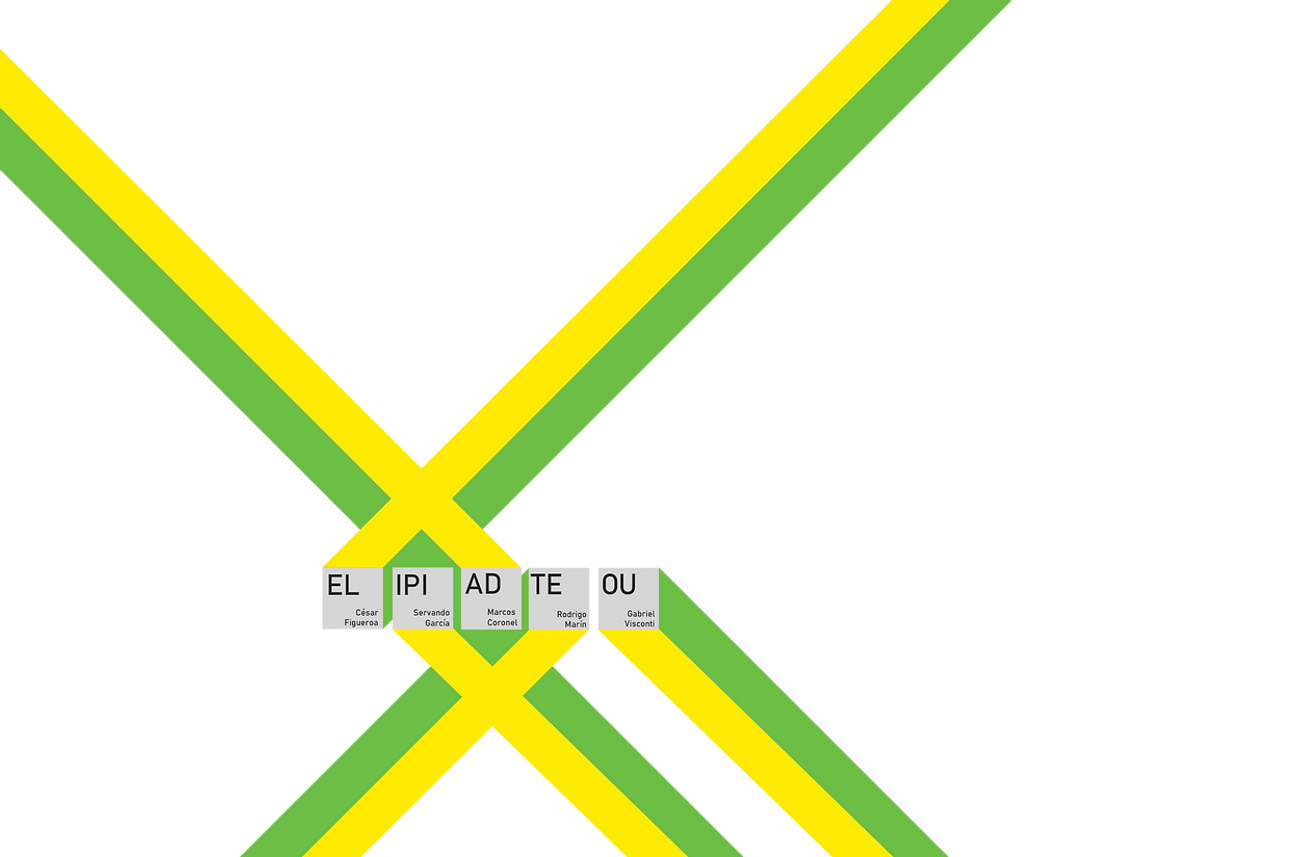
URBAN STRATEGY




HYBRID KNOWLEDGE COMMUNITY + IN-PERSON
Topics on urban regeneration and sustainability >>
TRAINING & CONTENTS
A. Resilience and urban regeneration
Luciano Landaeta: Towards a global future of local urbanism. Scales and complexity between nature, society, and infrastructure.
Ricardo Sanz: Recycling of buildings in decaying urban centers. Transformation of obsolete cities.
Alfredo Brillembourg: Urban Paradigms within Sustainable Living, Empowered Methods of Participatory Building, Innovation and Emerging Practices of Social Design.
Rafael Machado: Urban architectural transgressions.
Joao de Freitas: Physical rehabilitation of neighborhoods. Experimental models for urban developments within degraded areas.
B. Landscape Analyses, Energy optimization and policy in urban development
Daniel Otero: Urban metabolism, landscape infrastructure design and speculative cartography.
María Beatríz (Mabe) García: Climate change and sustainable cities. Life cycles for resources and their repercussions on landscape construction.
Antonio ''Toño'' Salas: Bioclimatic strategies for designing balanced structures with the entourage.
Walter Leone: Sustainable human resources, building materials and techniques.
Daniela Atencio and Claudio Rossi: Bio-lent cities: Programmed landscape ruination.
C. Aesthetic and ethical considerations
Sara Valente and Marcelo Ertorteguy: Architectural artifacts, intangible installations, hybrid objects and instruments, rehabilitation and prefabricated systems.
Julio Kowalenko and Rodrigo Armas: The formal, aesthetic and cultural condition of objects and their significance in the creation of non-standard everyday spaces.
Khristian Ceballos: Investigation on design systems that produce an intersection between latent territories and cultural dynamics.
Alessandro Famiglietti: Approaches to the notion of ''the public''. Project strategies for hybrid urban spaces.
D. Local capacity building & applied social science
César Figueroa: Management of creative and project processes, site cartographies, playful strategies for conceptualization and collaboration, Project communication methods.
Servando García: Right to the city and social production of the habitat through inclusive pedagogical instruments.
Marcos Coronel: Disruptive actions, consultative design and precise operations from existing and unconventional urban conflicts.
Rodrigo Marín: Practical knowledge and intelligent models. Experimental technologies in growing communities.
Gabriel Visconti: "Open Urbanism. Urban forces and in-formal platforms"

E. Global Experiments. Scalable prototypes for social development in the informal sector
Luis Rodríguez: Autonomous Imaginaries and Barrios Improvement Strategies.
Paolo Cascone: The development of laboratories with the use of advanced technologies with equitable applications.
Estelle Poisson and Soraya Haffaf: Realistic Utopias. Responsible and reasoned architectures. Integrative projects with endemic intelligences between different characters.
Oliver Schütte and Marije van Lidth de Jeude: Economy, Ecology, Equity and Space. Equitable social development, responsible management of natural resources and sustainable growth.
Diego Peris: Tools, methodologies, and frameworks for citizen innovation spaces, through direct socially effective actions.
Juan Alfonso Garduño: Strategies for common issues in city-making, by inverting the existing prevailing model for the reactivation of the collective realm.
